The Role of Metal Recycling in Building a Sustainable Future in the UK
As we become increasingly aware of the environmental challenges facing our planet, the importance of recycling cannot be overstressed. In the UK, sustainable practices in waste management have gained prominence, highlighting the critical role of metal recycling in conserving natural resources and reducing carbon emissions. Dorset Waste Ltd (DWL Metal Recycling) stands at the forefront of this green revolution, offering eco-friendly services that not only help to preserve our environment but also provide economic advantages.
Within this article, you'll discover:
- The crucial benefits of metal recycling for the environment and local communities.
- How DWL Metal Recycling’s innovative solutions contribute to sustainable development.
- The economic and environmental advantages of choosing DWL Metal Recycling services.
Embarking on a journey to understand why metal recycling is vital will reveal how companies like DWL Metal Recycling are making substantial contributions to a greener future.


The Imperative of Metal Recycling
Recycling metal is not just a task; it's a responsibility that bears on the health of our planet and the sustainability of our industries. The UK, echoing global concerns, places significant importance on recycling as part of its waste management strategy, and here's why:
Preserving Natural Resources
- Conserving Finite Metals: Metals are finite resources, making their conservation through recycling a priority to ensure future availability.
- Reducing Raw Material Consumption: The more metals we recycle, the less we depend on extracting raw materials, which is an energy-intensive process.
Mitigating Environmental Impact
- Lowering Carbon Emissions: Recycling metals require less energy compared to processing raw materials, resulting in decreased greenhouse petrol emissions.
- Minimising Habitat Disruption: By recycling, we reduce the need for mining, thus preserving natural habitats and biodiversity.
Economic and Social Benefits
- Creating Green Jobs: The recycling industry is labour intensive, hence, it creates employment opportunities within local communities.
- Supporting the Circular Economy: Metal recycling contributes to a circular economy, where materials are reused and repurposed, reducing waste.
Throughout the UK, there is an acknowledgement of these benefits, which underscores the need for professional and dedicated metal recycling services, such as those provided by DWL Metal Recycling.
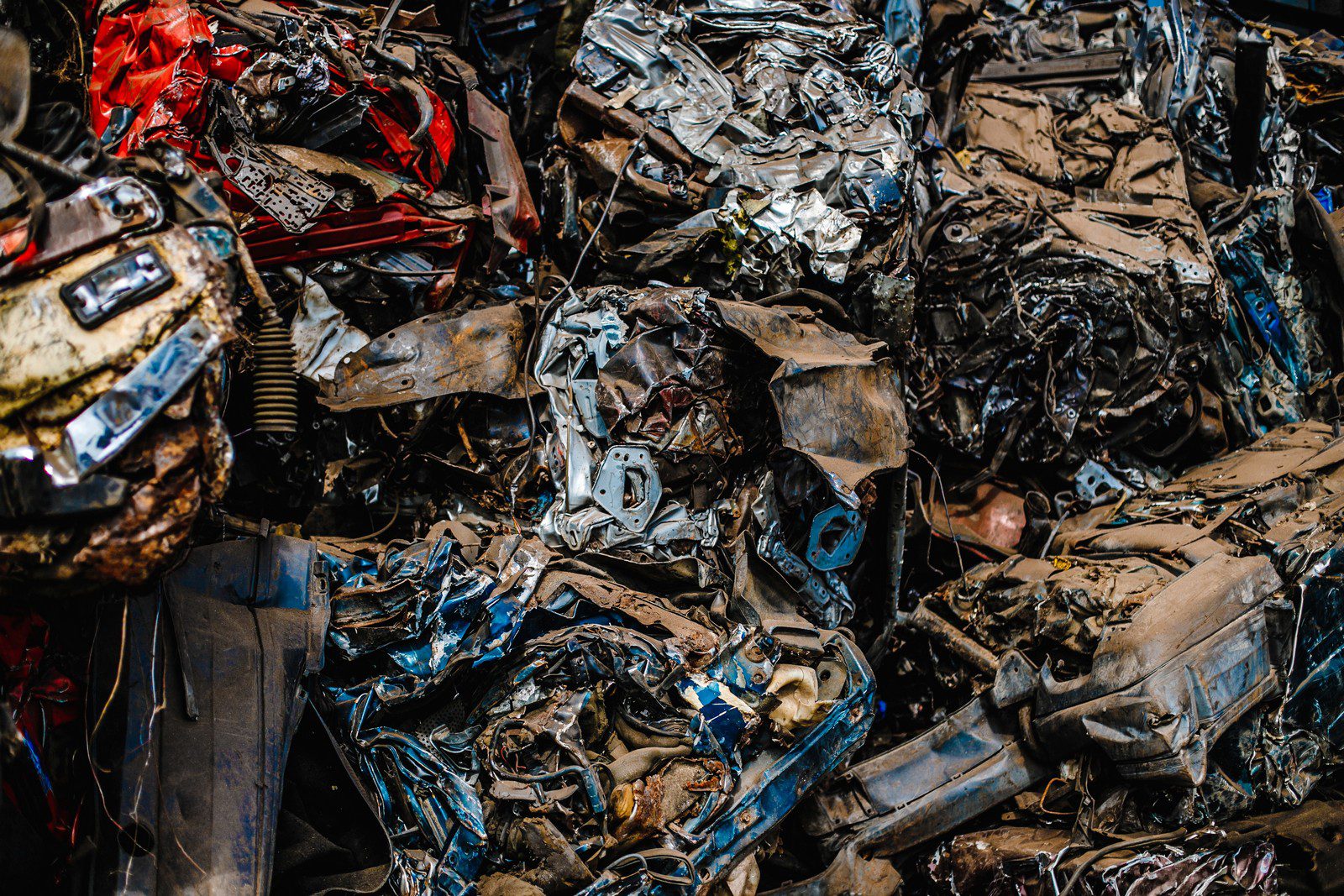

DWL Metal Recycling: Pioneering Green Solutions
Selecting the right metal recycling service is a decision that has a profound impact on the efficiency of recycling processes and the ultimate benefit to the environment. DWL Metal Recycling stands out as a leader in this field, with its focus on sustainability, innovation, and community involvement.
What Sets DWL Metal Recycling Apart
Experience and Expertise: With years of experience in the industry, DWL Metal Recycling has honed its processes to maximise recycling efficiency, ensuring that a higher percentage of metal waste is repurposed.
State-of-the-Art Technology: Investment in cutting-edge technology allows DWL Metal Recycling to handle a vast array of metal types, from common steel and aluminium to more specialised metals like copper and brass.
Commitment to Customer Service: Understanding that the client is at the heart of their operation, DWL offers tailored solutions to meet unique recycling needs and maintains an open line of communication for continuous improvement.
Advantages for Clients and the Environment
Competitive Pricing: By operating efficiently, DWL Metal Recycling can offer competitive prices for scrap metal, providing financial incentives for recycling.
Eco-Conscious Practices: DWL’s devotion to eco-friendly methods ensures that its operations contribute positively to environmental goals, reducing waste and preserving natural habitats.
By focusing on these key areas, DWL Metal Recycling not only fulfils the recycling needs of individuals and businesses but does so in a way that is both economically advantageous and environmentally responsible.
Economic Impact of Metal Recycling
The economic implications of metal recycling are extensive, affecting both the local and national economies.
Contribution to Local Economies
DWL Metal Recycling is deeply rooted in the community, providing local employment and supporting other businesses through its operations. Its presence bolsters the local economy and sets a standard for corporate social responsibility.
National Economic Benefits
At a national level, the recycling industry contributes significantly to the UK's Gross Domestic Product (GDP). By reducing the import of raw materials and fostering the export of recycled metals, companies like DWL play a vital role in balancing trade deficits and enhancing the UK's economic stability.
This economic impact, when combined with the environmental benefits of metal recycling, highlights the dual advantages of choosing a service like DWL Metal Recycling.


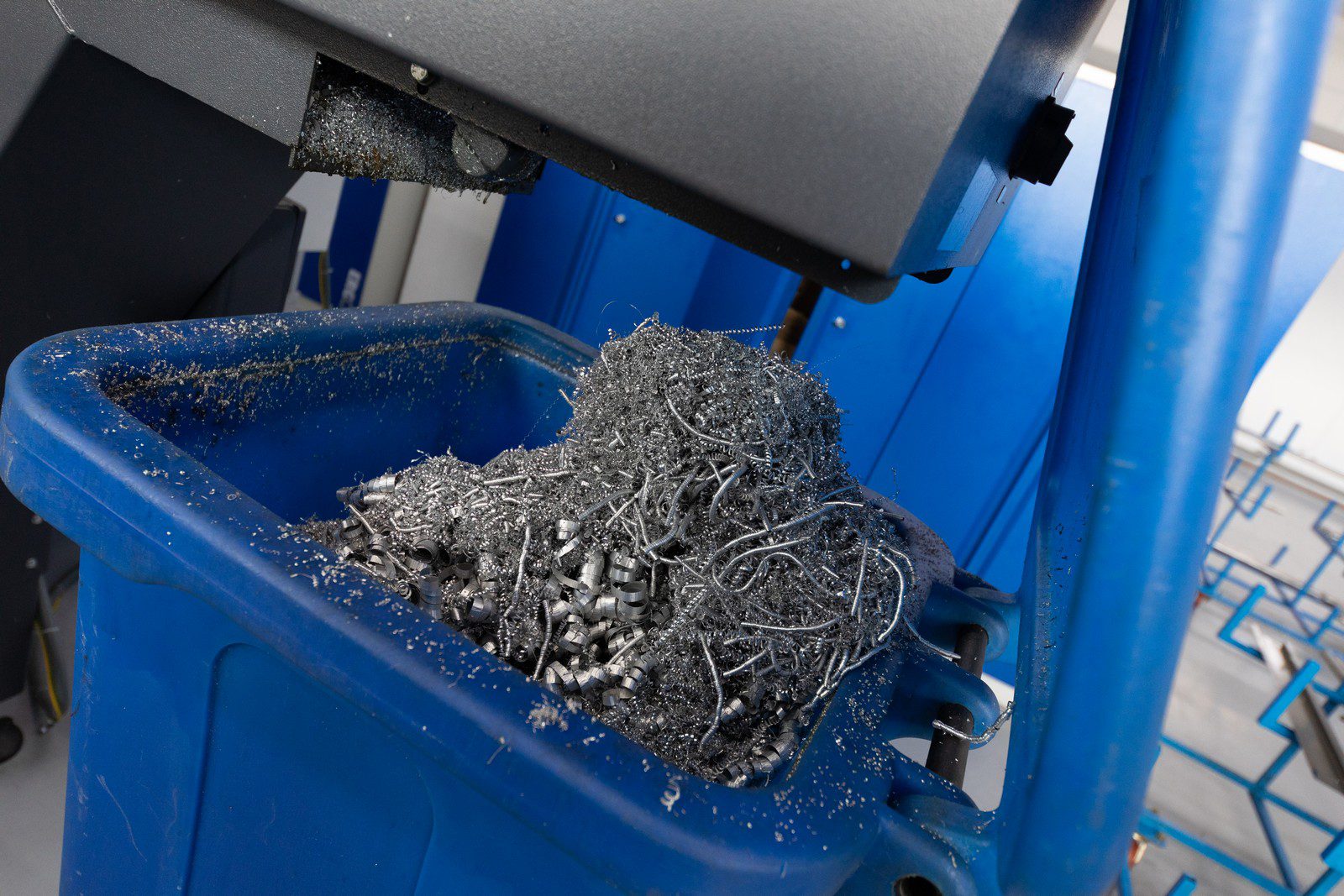

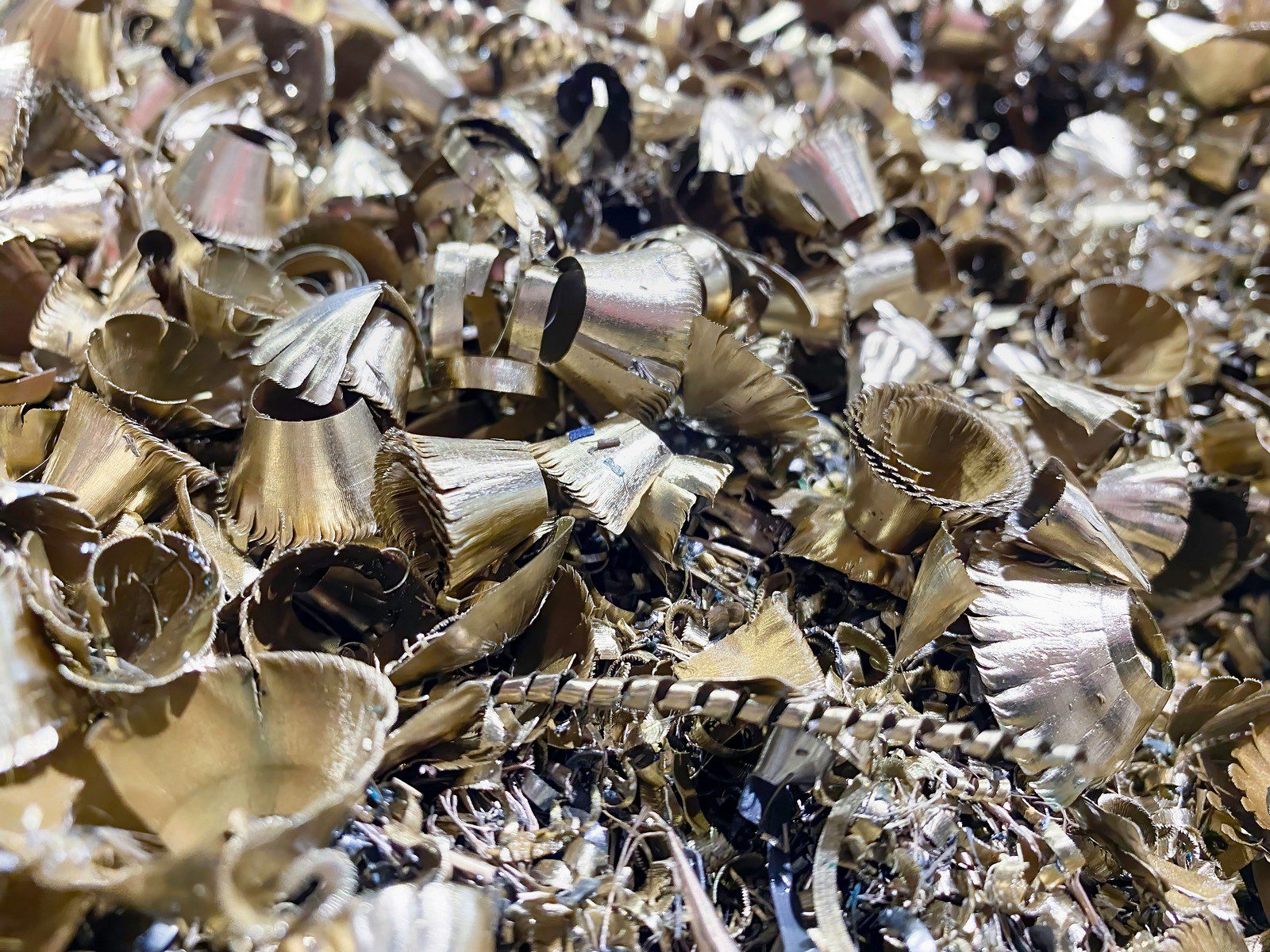

The Way Forward with DWL Metal Recycling
As awareness and initiatives around sustainability continue to grow, the future of metal recycling looks promising. With companies like DWL Metal Recycling leading the charge, the UK can make significant strides towards its environmental targets.
Embracing Circular Economy Principles
DWL Metal Recycling is a proponent of the circular economy, aiming to keep resources in use for as long as possible. By adopting this model, they contribute to a more sustainable and resilient economy.
Supporting Eco-Friendly Policies
Active participation in shaping eco-friendly policies ensures that DWL Metal Recycling remains at the forefront of sustainability efforts, influencing positive change at both local and national levels.
In conclusion, metal recycling is a key aspect of environmental conservation and economic development. With companies like DWL Metal Recycling at the helm, the UK can continue its journey towards a greener, more sustainable future.
If you're looking to make a difference or have any questions about metal recycling services, don't hesitate to get in touch with DWL Metal Recycling. By choosing their services, not only do you ensure that your metal waste is handled responsibly, but you also join a movement that values our planet’s health and our shared future.
